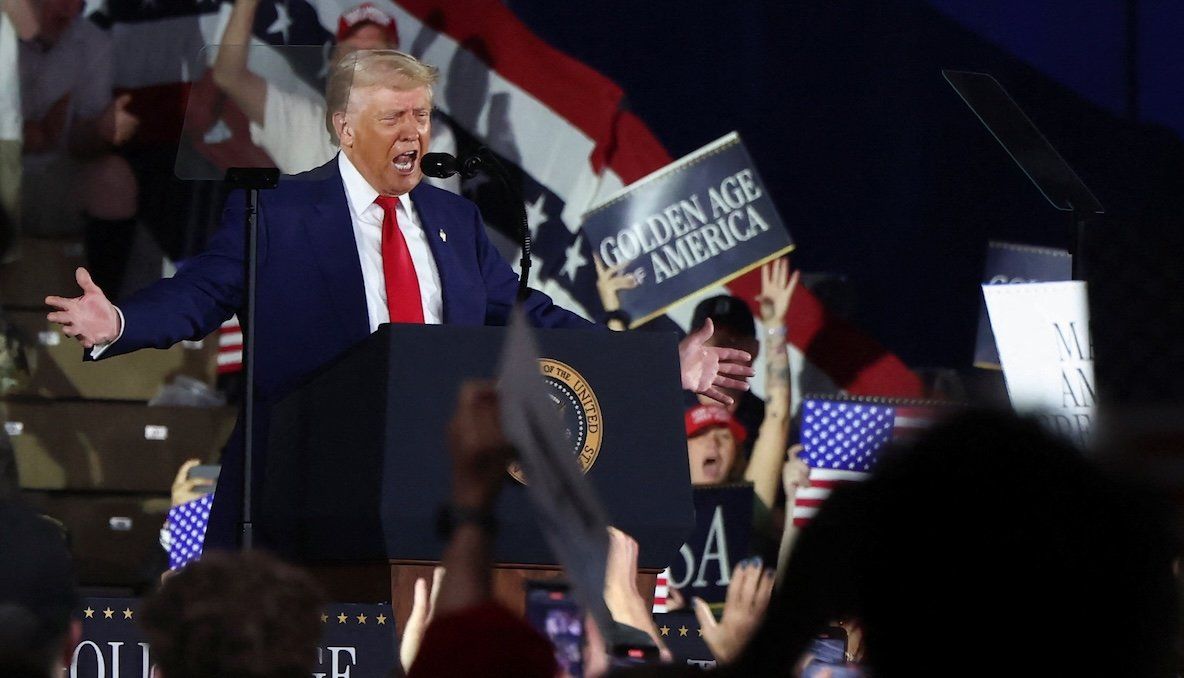2: In a partial climbdown from his earlier threat of a 25% tariff on auto parts,
Donald Trump this week
gave automakers two years to boost the percentage of US-made parts used in vehicles manufactured in the US. The move is a win for US automakers whose supply chains crisscross the Americas and Asia. Trump, however, left in place the 25% tariff on vehicles imported from abroad.
0.2: Canada’s GDP fell by 0.2% between January and February, contracting for the first time on a monthly basis since last fall. The drop was driven by sluggish activity in mining, energy, and construction, which suffered amid bad winter weather. Taken together with growing uncertainty about the impact of Donald Trump’s tariff policy, the GDP figures have raised expectations of a rate cut in June.
1: The co-leader of Canada’s Green Party, Jonathan Pedneault, has resigned after his party won just one seat in the election. The party had pulled its candidates from more than 100 ridings to avoid splitting the liberal vote.
20,000: As many as 20,000 people in the US
have lost their jobs in the clean energy sector as a result of funding cuts made by the Trump administration, according to a lobbying group. Another 40,000 jobs in the sector are at immediate risk. Trump has cut nearly 100 clean energy projects totaling more than $70 billion in investments, as part of a broad push against renewables in favor of fossil fuels.
